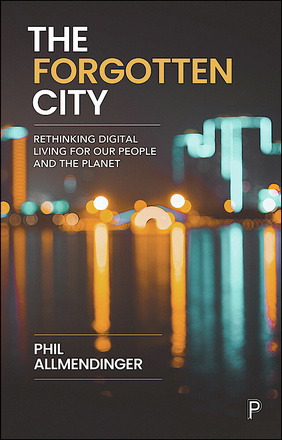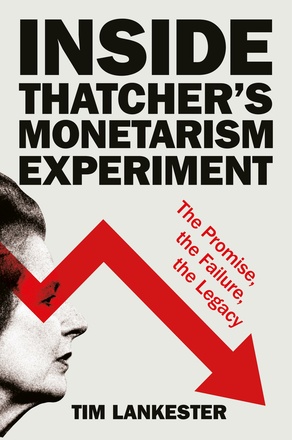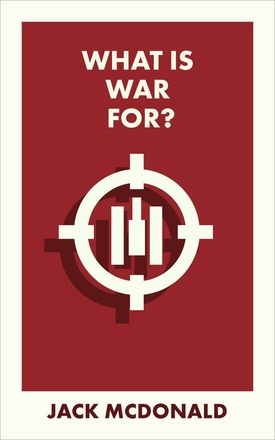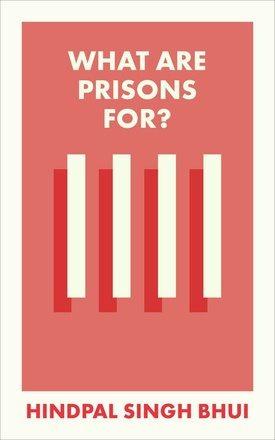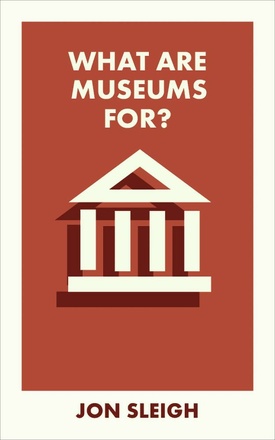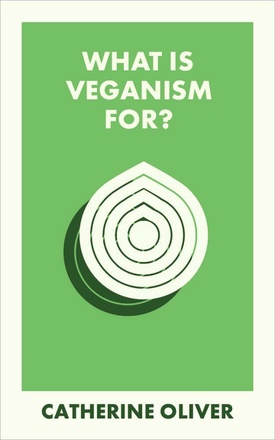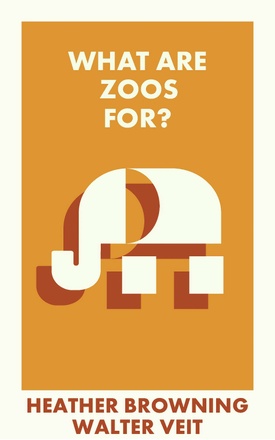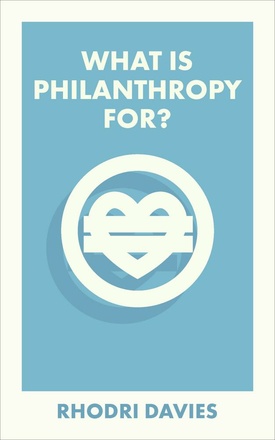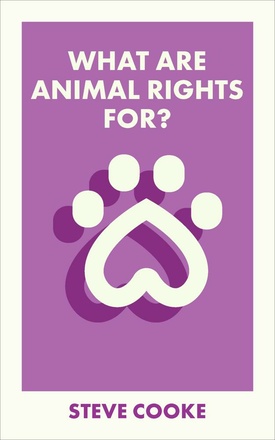General non-fiction
We publish serious non-fiction social commentary and debate for a wide audience. These high quality books are written by academics, professionals and other experts in an accessible way bringing key issues of social, political and cultural significance to a wide readership. These books have an impact: advancing knowledge, raising awareness and encouraging social change.
The Forgotten City
Rethinking Digital Living for Our People and the Planet
Phil Allmendinger takes a critical approach to the role of ‘smart’ in future cities and the relationship with city development. Considering how technology can support active citizenship, he challenges the commercial drivers of big tech and warns that these, not developments for ‘social good’, may dominate.
Inside Thatcher’s Monetarism Experiment
The Promise, the Failure, the Legacy
In 1979, Margaret Thatcher’s new government pursued a monetarist economic policy in response to double-digit inflation, rising unemployment and flatlining economic growth. Tim Lankester's insider’s account offers fascinating insights into one of Britain's most unsuccessful economic episodes and also examines monetarism's legacy today.
What Is War For?
This book examines how changes to social rules reshape how states explain their military actions, and changes to technology and society transform contemporary warfare. Analysing the role that war serves in global politics, it outlines the ways in which war affects the contemporary world, from international relations to our day-to-day lives.
What Are Prisons For?
Hindpal Singh Bhui argues that we need to look at who is sent to prison and why to disentangle reality from ideology and myth. Including the voices of prisoners, prison staff and victims, he asks whether prison is an institution for managing marginalized people, or if there is a better way to achieve the socially useful goals of prisons.
What Are Museums For?
Museums today are a cultural battleground. Jon Sleigh maintains that museums must be for all people and inclusion must be at the heart of everything they do. He uses museum objects from different museums to explore trust-building, representation, digital access, conflicting narratives, removal from display and restitution.
What Is Veganism For?
Catherine Oliver shows why the veganism movement has become a powerful social, political and environmental force. She discusses the health and environmental benefits of veganism, explores the practical and social impacts of the shift to eating plants, and explains why veganism is not just a diet, but a way of life.
What Are Zoos For?
Heather Browning and Walter Veit test the common justifications for zoos (entertainment, education, research, conservation) against the evidence and suggest what the best zoos of the future should look like to ensure that they are primarily for animals and not just for people.
What Is Counterterrorism For?
Focusing on the costs of counterterrorism, this book takes a global view to understand what is done in the name of our safety.
What Is Philanthropy For?
Philanthropy, the use of private assets for public good, has been much criticized in recent years. Rhodri Davies, drawing on his deep knowledge of the past and present landscape of philanthropy, examines pressing questions that philanthropy must tackle if it is to be equal to the challenges of the 21st century.
What Is Cybersecurity For?
Cybersecurity is one of the key practical and political challenges of our time. This book explains the complexities of global information systems, the challenges of providing security to users, societies, states and the international system, and the multitude of competing players and ambitions in this arena.
What Are Animal Rights For?
How should we treat animals? The field of animal rights raises pressing questions about how humans treat the other animals as livestock farming exerts an increasing toll on the planet, and we learn more about their capacity to think and experience pain. This book shows what the world might look like if animals had greater rights.







